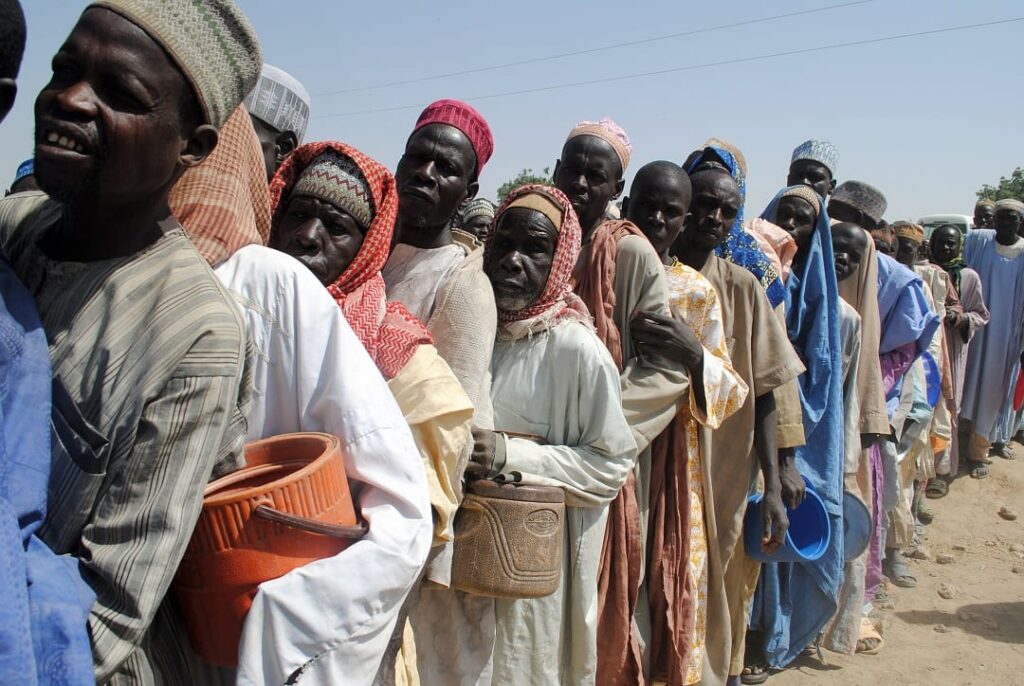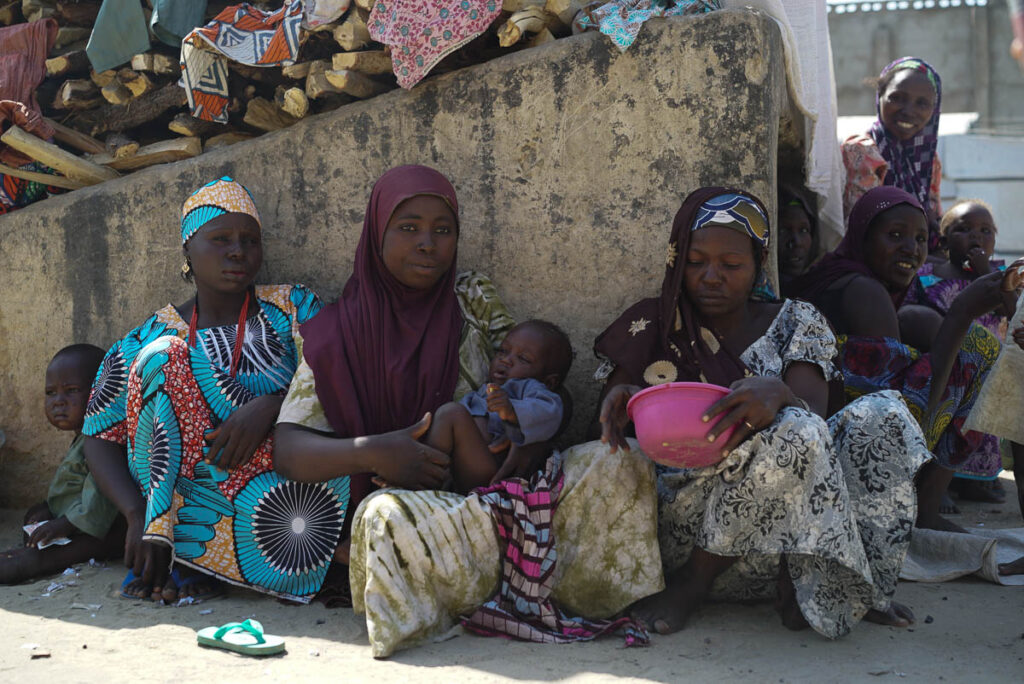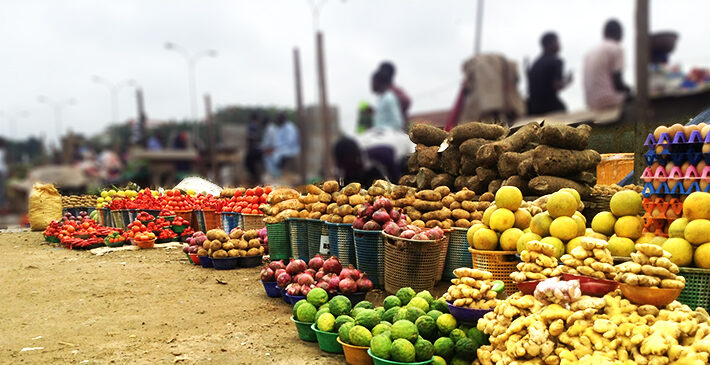The International Committee of the Red Cross (ICRC) says food insecurity is worsening in conflict-affected areas of North-east Nigeria, where more than 3.7 million people are currently struggling to access enough food.
Aliyu Dawobe, the ICRC’s Public Relations Officer, announced this in a statement issued Monday in Abuja.
He explained that many of those affected were formerly farmers who had provided for their communities but were displaced due to years of conflict.
The statement noted that violence had forced families from their homes, restricted access to farmland, and disrupted local food production systems.

Diana Japaridze, Head of the ICRC office in Maiduguri, described the growing pressure on households as the lean season began and food stocks dwindled.
“This is the period when families must begin buying food, but many conflict-affected households simply can’t afford it.
“They’re forced to drastically limit their intake,” Ms Japaridze said.
She added that food insecurity was also fueling rising rates of malnutrition, particularly among children under five, as well as pregnant and breastfeeding women.
“In response, the ICRC is supporting malnutrition stabilisation centres and offering community education programmes to help families care for vulnerable children.
“To tackle the root causes of food insecurity and support long-term resilience, the ICRC has launched an agricultural assistance programme.
“The initiative supports both rainy and dry season farming and targets thousands of farming households.
“This year alone, more than 21,000 farming households have received seeds adapted to local conditions, along with planting tools to ease labour and improve efficiency,” she explained.

Ms Japaridze said that the support included a mix of field crops and vegetables such as rice, maize, tomato, and okra, all of which were aimed at increasing dietary diversity and nutritional value.
“Farmers are also being trained in sustainable farming practices to ensure continuity beyond ICRC’s intervention.
“At a systemic level, and in collaboration with the National Agricultural Seed Council (NASC), we recently repaired a vital water source to ensure continuous access for the council’s seed testing and greenhouse facilities,” she added.

In spite of these efforts, Japaridze warned that the lean season remained a critical challenge for many farmers who still could not produce enough to feed their families.
Community voices emphasised the urgency on the ground. Modu Umar, a community leader in Dikwa, said: “Right now, we face severe food shortages.”



